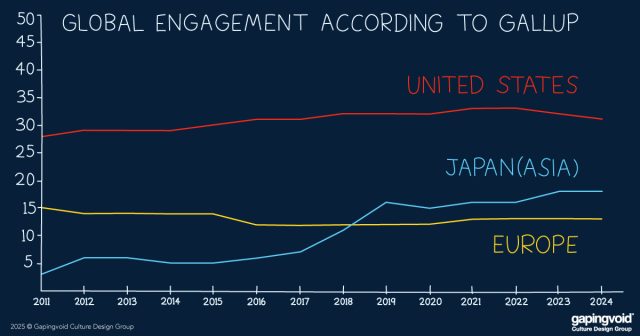
Crafting the earliest planes and nurturing remarkable cultures have more in common than you might think.
In the “air-race,” the Wright Brothers had a lot of competitors. One of their chief rivals was Samuel Pierpont Langley, a successful scientist and the secretary of the Smithsonian Institution.
Langley and the Wrights had two different approaches, yielding two different results.
Langley, having loads of resources at his disposal, used them: his team poured mountains of money on decoding the problem of flight.
The Wrights didn’t have the resources to compete. But necessity, as they say, is the mother of invention. Since they didn’t have the raw resources of Langley, they would have to innovate. And since they were family, they naturally had high levels of trust and psychological safety between them. There was no institutional friction dragging them down.
It was a faceoff between a powerful but slow institution and a low-resource, entrepreneurial team. And we all know who won.
It’s almost like their cultures seeped directly into their designs. While most institutions in the air-race focused on creating more and more powerful propulsion systems, the Wright Brothers took the opposite approach: if they could create an efficient, light-weight fuselage, they figured, it wouldn’t take a massive engine to make it soar. And they were right.
A good culture is a lot like that. If you get the right people in the right places and give them the right mindsets, everything else becomes easier. Get the culture wrong, and like Pierpont Langley found out the hard way, no amount of throwing money at the problem will help you.




This story of the Wright Brothers and Samuel Pierpont Langley beautifully illustrates the power of culture and innovation. It highlights that a strong, resourceful team with the right mindset can achieve remarkable results, even in the face of powerful institutions. The lesson is clear: a positive and effective culture can be a game-changer, while throwing money at a problem without the right culture can lead to failure, as Langley experienced. It’s a valuable reminder of the importance of teamwork, innovation, and a healthy working environment in achieving great feats.